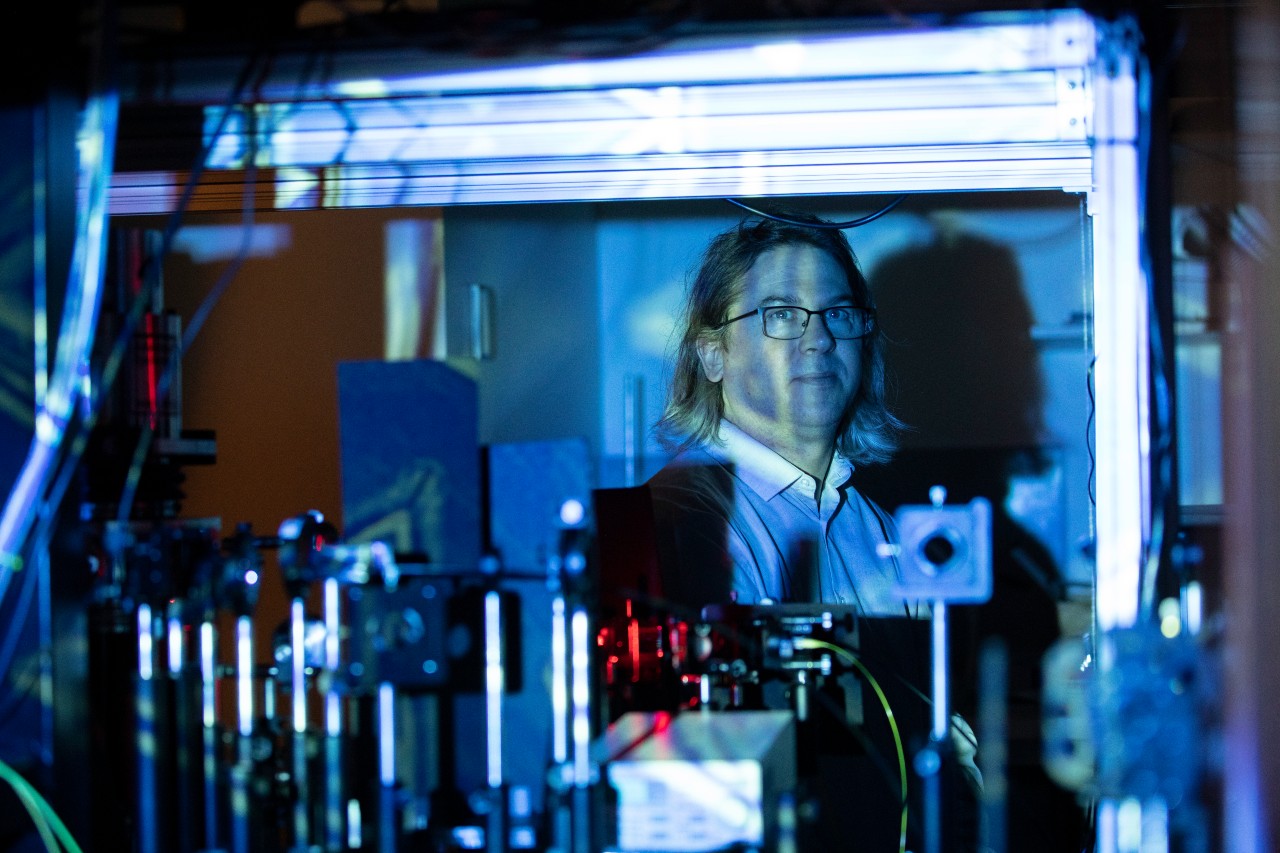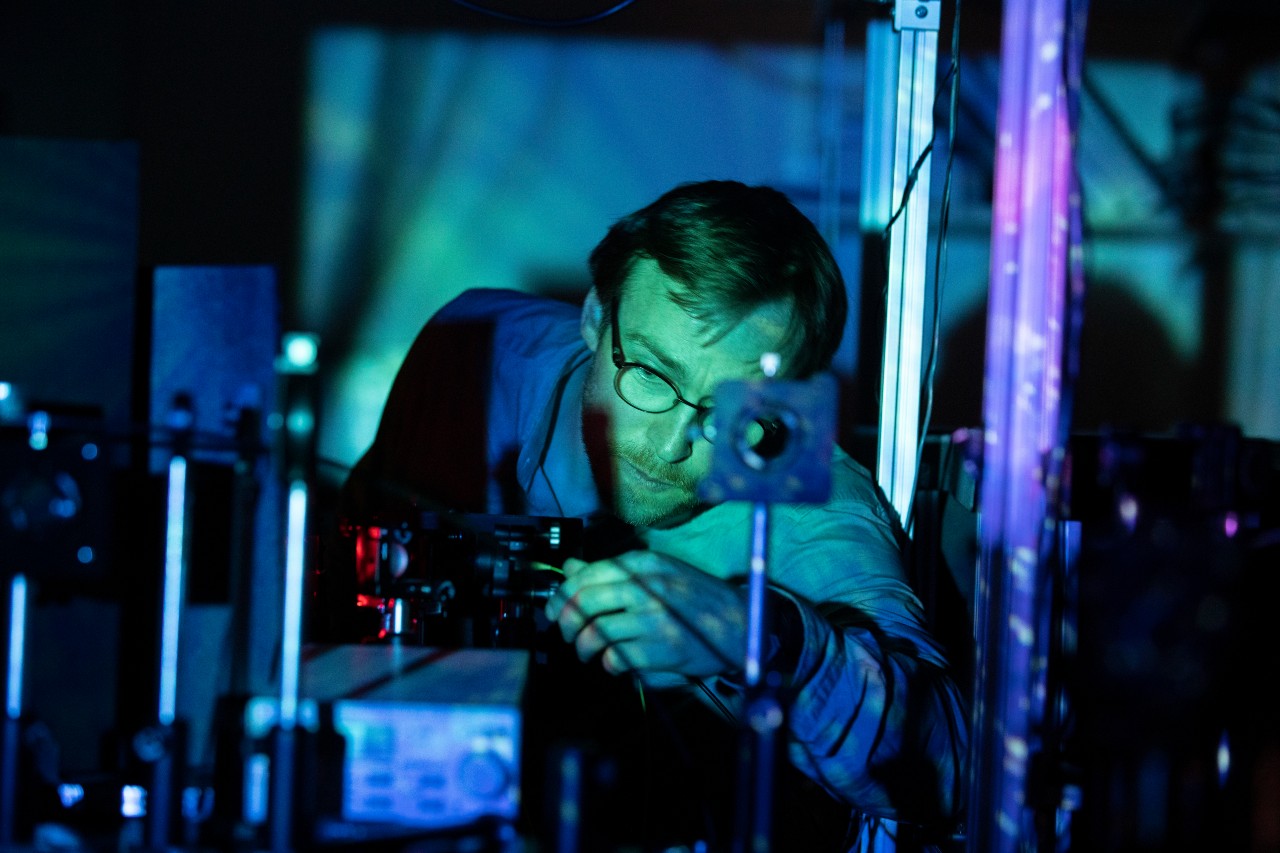
Quantum Electronic Devices
The Quantum Electronic Devices research programme at Tyndall is working on the discovery and engineering of emerging material platforms and new devices for the development of quantum technologies.
Our vision is to catalyse quantum information processing.
Research Challenge
A quantum computer could operate algorithms that can solve problems which are unsolvable for a classical computer in a feasible time. Target applications of quantum computing include a large family of optimisation problems, which could be used in designing targeted drugs more efficiently for personalised medicine or improving logistics to protect natural resources and managing financial and personal risk. However, current qubit systems, while demonstrating the feasibility of quantum information processing, lack an apparent route to scalability.

Our Research Focus
The knowledge of our team covers a range of disciplines from physics, chemistry and materials science to electrical engineering, theoretical modelling and simulation, alongside specialised expertise in device modelling and fabrication, structural and electrical characterisation.
Current research focuses on three materials platforms: transition metal dichalcogenides (TMDs), silicon (Si), germanium (Ge) and their alloys. Using our nanofabriation capabilities, the purpose is to utilise these materials in devices for the realisation of qubits, the fundamental unit of quantum information processing and for quantum sensing required for qubit control and readout.
A major focus of the programme is the development of qubit devices based on the spin of nanostructured and electrostatically defined quantum dots for scalable quantum computer architectures.
Recent Publications
N. Petkov, M. Georgieva, S. Bugu, R. Duffy, B. McCarthy, M. Myronov, A.M. Kelleher, G. Maxwell, G. Fagas,
“Electron beam lithography and dimensional metrology for fin and nanowire devices on Ge, SiGe and GeOI substrates”, Microelectronic Engineering 280, 112071 (2023).
Recent Awards
Ray Duffy, Nikolay Petkov and Giorgos Fagas were awarded EPSRC-SFI funding for “Developing a quantum bus for germanium hole-based spin qubits on silicon” with University of Warwick, University of Cambridge and University College London.
Nikolay Petkov and Giorgos Fagas have received an award by Science Foundation Ireland under the Frontiers for Partnership programme on “Nanofabrication and advanced characterisations for GeSn quantum devices”.

